Choosing the right PU (Pre-University) college is one of the most critical decisions a student and their family will make after Class 10. The two years of PU lay the groundwork for a student’s future, shaping their academic direction, career aspirations, and overall development. A well-chosen college can nurture potential, provide clarity in career direction, and offer the right support for achieving success in both board exams and competitive tests.
With so many institutions promising quality education and impressive results, it can be overwhelming to make a choice. This comprehensive guide outlines the key factors parents and students should evaluate while selecting the best PU college for their specific needs.
1. Understand Your Child’s Interests, Aptitude, and Career Goals
Before diving into the list of colleges, take a step back to assess your child’s interests, personality, and strengths. Do they prefer logical problem-solving, or are they drawn to understanding market trends and finance? Are they aspiring to be engineers, doctors, entrepreneurs, or economists?
Determining whether science or commerce aligns better with your child’s academic inclination is the first and most essential step. Also, if they plan to attempt JEE, NEET, CA Foundation, or CUET, the college must support that goal through integrated coaching.
2. Opt for Integrated Coaching Facilities
Choosing a PU college that offers integrated coaching for competitive exams can drastically improve your child’s efficiency and focus. Instead of attending separate coaching sessions outside school hours, integrated coaching within the college ensures the syllabus for board exams and competitive exams is taught in a well-coordinated manner.
Institutions like Deeksha Vedantu are well-known for such programs where the learning journey is unified, helping students avoid content duplication and manage their time more effectively.
3. Evaluate the Faculty’s Credentials and Teaching Methods
Teachers play a pivotal role in shaping a student’s understanding and academic interest. Research the qualifications, experience, and subject expertise of the faculty. Are the teachers approachable? Do they use practical examples and real-world applications in class? Are doubt-solving sessions available?
Attending a demo class or speaking with alumni can give you insights into the effectiveness of the teaching methodologies followed at a college.
4. Check the Institution’s Academic Track Record
Past results are a reflection of a college’s consistency and teaching efficacy. Look for trends in board exam performances and how many students have succeeded in JEE, NEET, or other entrance exams. Colleges with a solid academic track record often have proven systems and teacher quality to support students effectively.
5. Assess Infrastructure, Resources, and Learning Environment
A good learning environment goes beyond textbooks. Well-equipped science labs, commerce labs, libraries with updated materials, digital smart boards, and quiet, clean spaces for self-study contribute to better academic outcomes. Safety and hygiene should also be top priorities.
Visit the campus if possible and observe whether the atmosphere feels disciplined, welcoming, and conducive to focused learning.
6. Consider Residential Options for Focused Preparation
Residential PU programs are ideal for students who thrive in structured environments. With minimal distractions, consistent daily schedules, peer motivation, and on-campus mentorship, residential colleges provide an immersive academic setting. They are especially beneficial for students preparing for demanding exams like JEE and NEET.
Residential facilities should be safe, well-maintained, and include comfortable accommodation, nutritious food, recreation areas, and on-site medical support.
7. Evaluate Student Support and Counseling Systems
Teenage years are filled with emotional and academic stress. Colleges that offer regular academic counseling, mental wellness programs, and career guidance help students cope better with challenges and maintain emotional balance.
Look for PU colleges that conduct one-on-one mentoring, provide academic progress reports to parents, and have approachable faculty or counselors on campus.
8. Understand the Discipline, Values, and Campus Culture
A positive academic culture encourages discipline, responsibility, collaboration, and academic integrity. Interact with faculty, attend orientation sessions, or talk to current students to understand the values upheld by the institution.
While discipline is essential for consistency, an overly rigid or stressful environment may demotivate some students. Find a college that balances academic rigor with empathy.
9. Check for Extracurricular and Enrichment Opportunities
Academic excellence is vital, but holistic growth matters just as much. Colleges that offer opportunities in sports, debates, arts, science clubs, leadership programs, and fests help develop confidence, creativity, and collaboration skills. Such experiences also contribute to college admission profiles and career interviews later.
Make sure the PU college has a structured calendar for events, competitions, and talent nurturing beyond the classroom.
10. Seek Feedback from Alumni, Parents, and Local Education Forums
Word-of-mouth reviews and first-hand experiences are often more reliable than brochures or advertisements. Talk to alumni and parents of current students to understand how supportive, organized, and transparent the college really is.
Join educational forums, check Google reviews, or attend local education fairs to gather unbiased opinions.
FAQs: Choosing the Best PU College
1. Should I prioritize academics or extracurriculars in a PU college?
Both are crucial. While academics lay the foundation for higher studies, extracurriculars shape character and soft skills. A well-balanced college offers both in equal measure.
2. Is a residential PU better for JEE/NEET preparation?
Yes, in many cases. Residential colleges provide structured routines, fewer distractions, and dedicated mentoring that help students prepare more effectively for competitive exams.
3. How important is faculty in a PU college?
Extremely important. Experienced and skilled faculty ensure students understand concepts deeply and develop exam strategies that yield results.
4. What questions should I ask during a campus visit?
Ask about student-teacher ratio, exam preparation strategy, stress management support, safety measures, parent-teacher interaction systems, and co-curricular programs.
5. When should I begin looking for a PU college?
Start researching by the middle of Class 10. This gives you ample time to shortlist, attend info sessions, visit campuses, and complete the admission process without last-minute stress.
Conclusion
Selecting the best PU college after Class 10 requires research, time, and thoughtful consideration. The right college will not only match your child’s academic goals but also provide the emotional support and environment needed for personal growth.
Look for a college that offers integrated academic and competitive exam coaching, experienced faculty, student-first policies, and a campus that encourages curiosity, discipline, and creativity.
At Deeksha Vedantu, our PU colleges are built to help students excel through structured academics, personalized coaching, and a growth-focused environment. We aim to transform Class 11 and 12 into a strong foundation for success in life.
Table of Contents






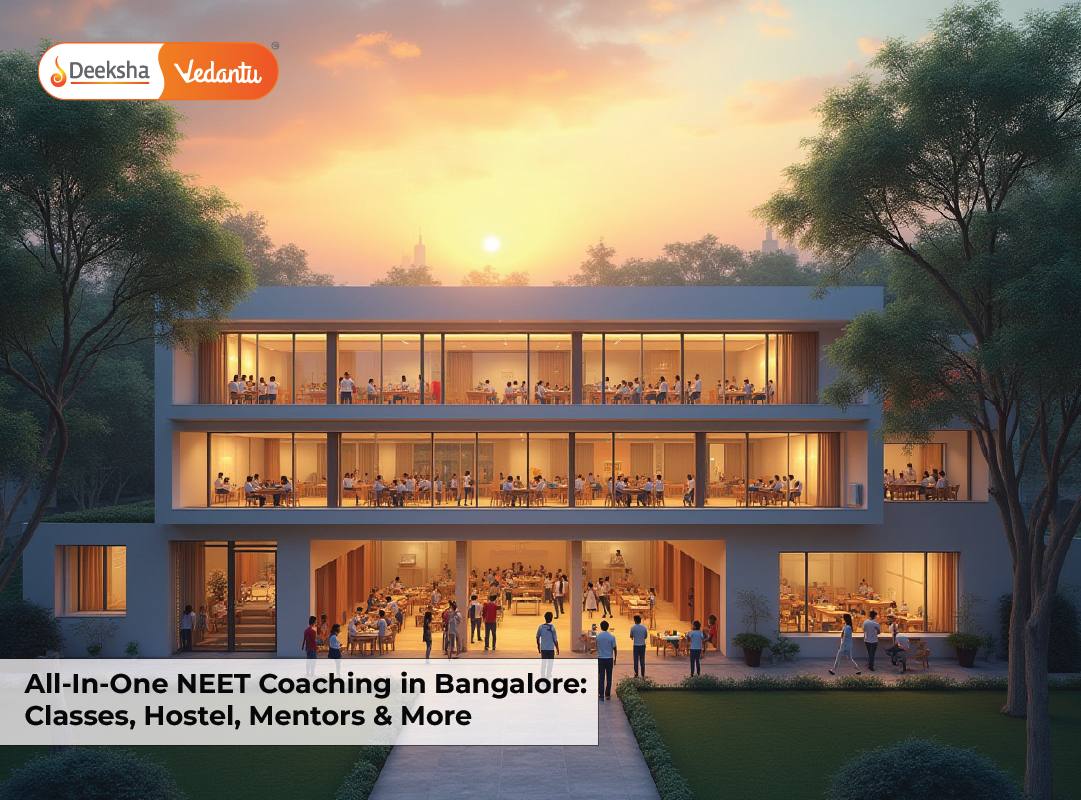
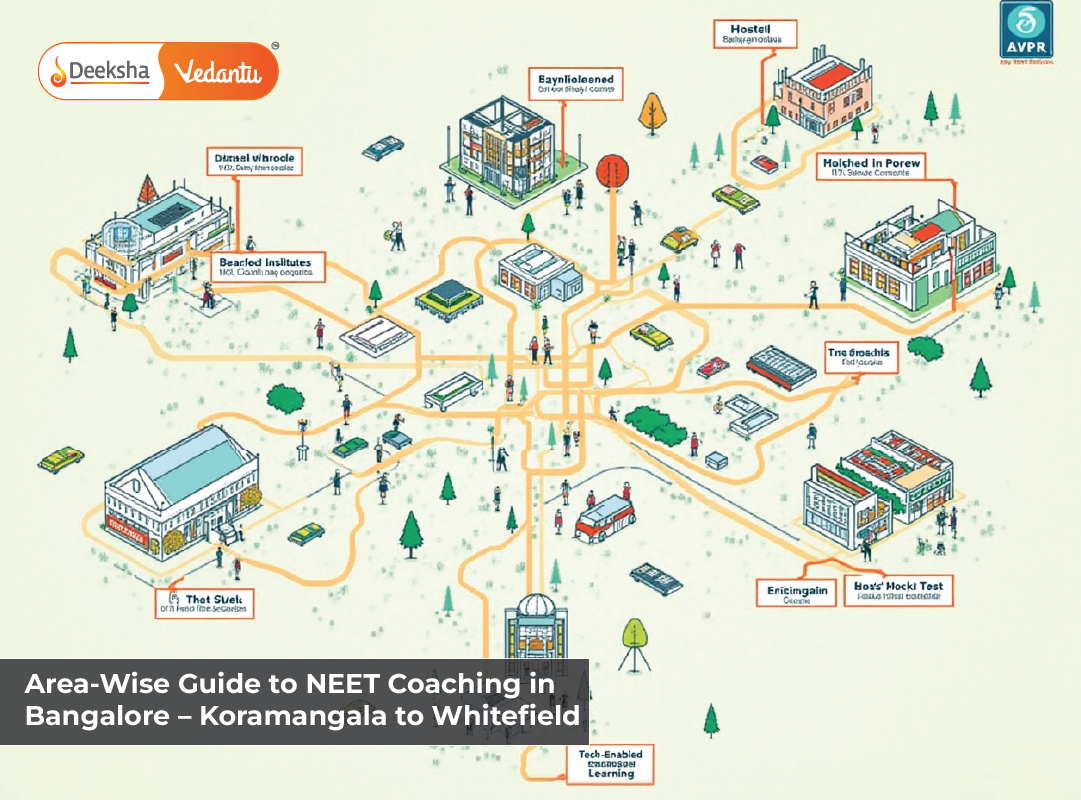
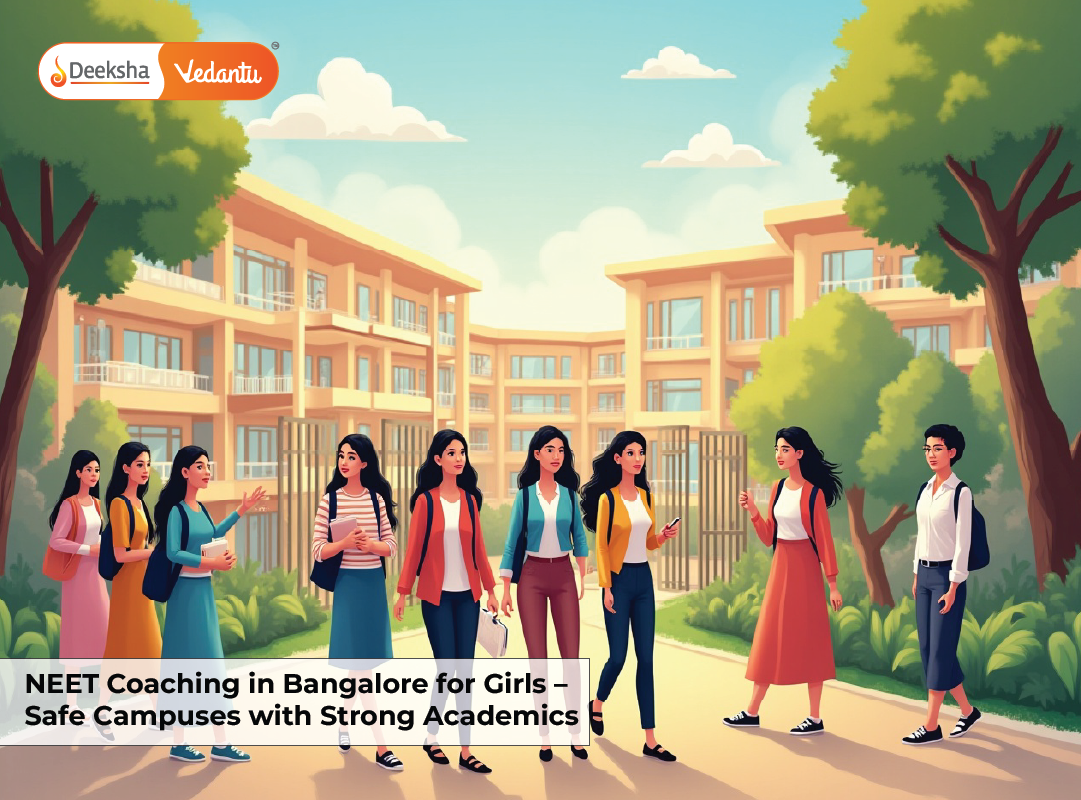

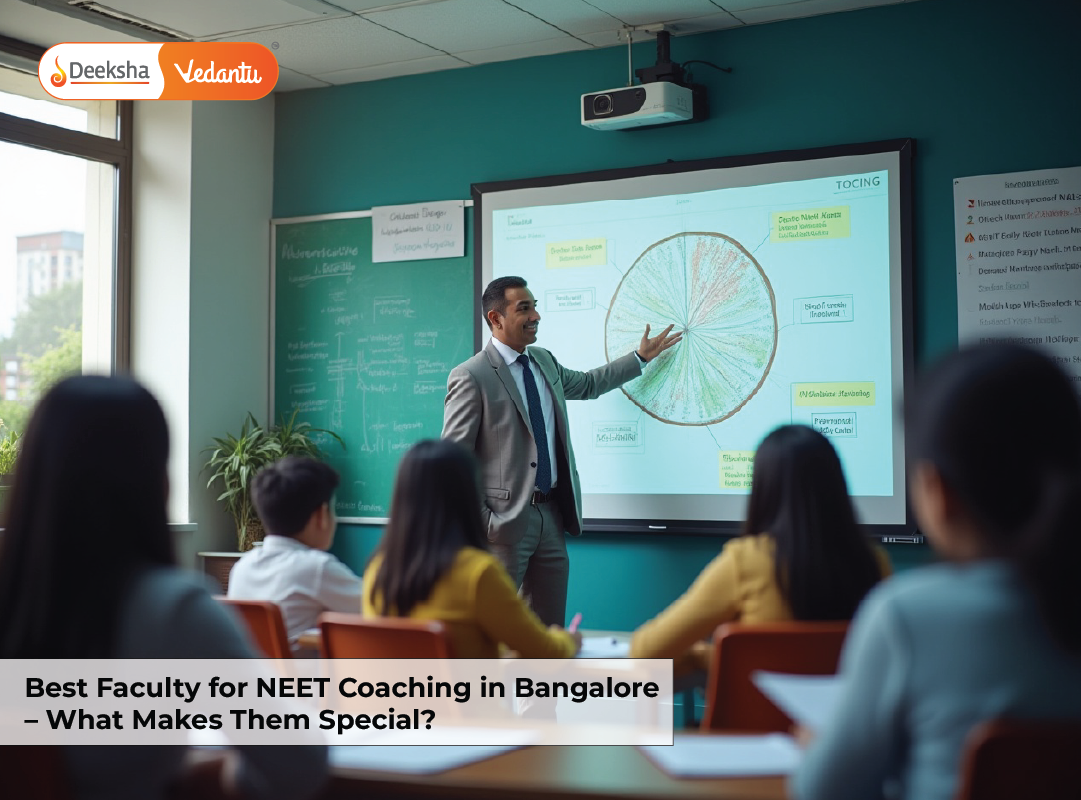

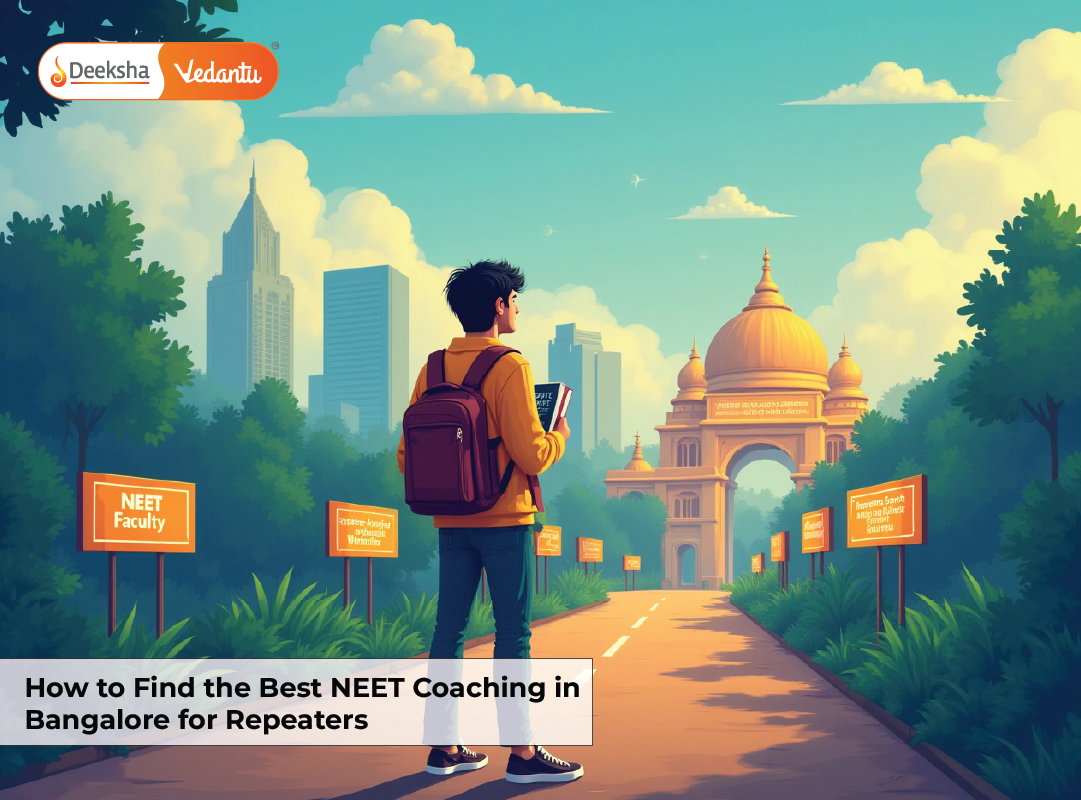


Get Social